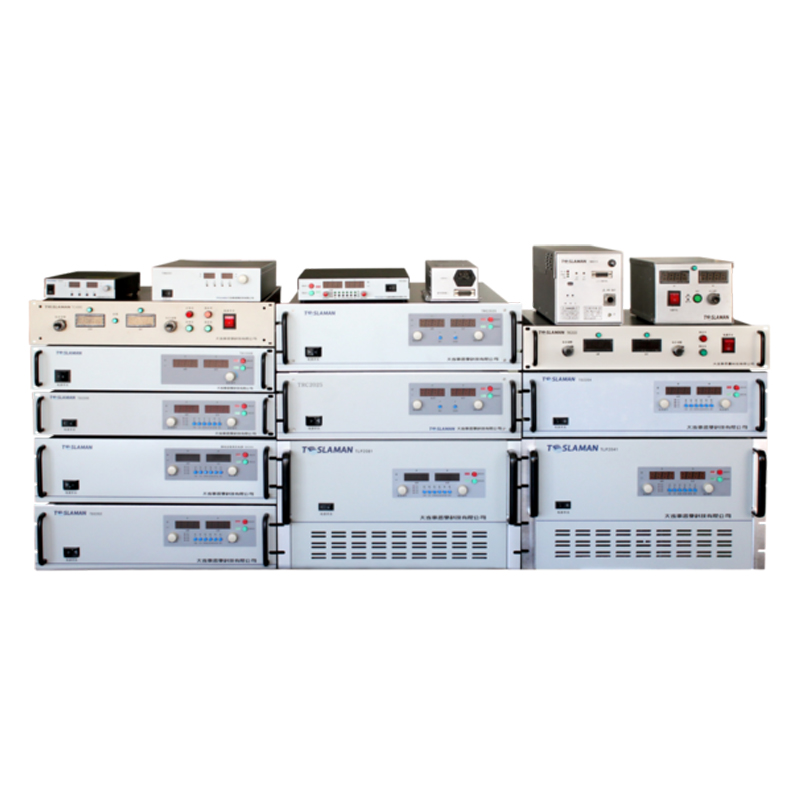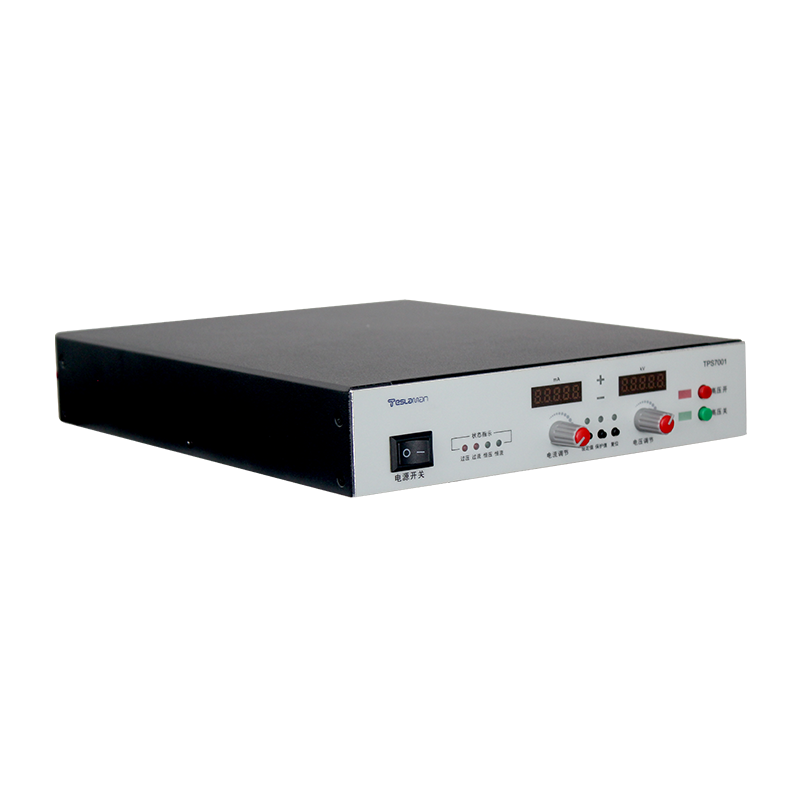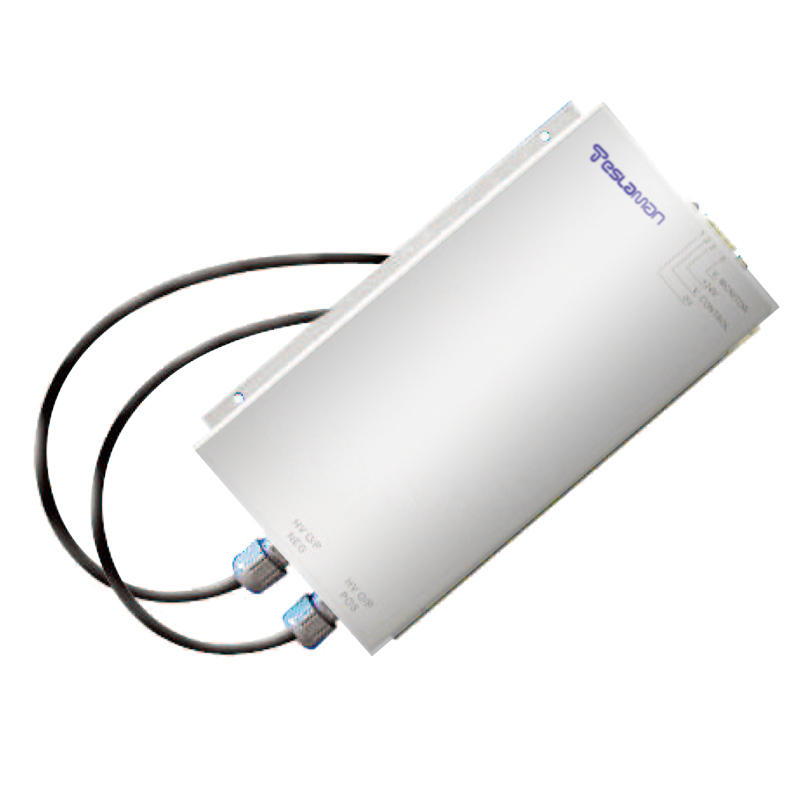The Application of High Voltage Power Modules in Industrial Automation
I. Introduction
With the rapid development of modern industry, industrial automation has become an important means to improve production efficiency and reduce costs. In this process, high voltage power modules, as one of the key components, play an irreplaceable role. From a professional perspective, this article will delve into the application and significance of high voltage power modules in industrial automation.
II. Overview of High Voltage Power Modules
High voltage power modules are electronic devices that convert low voltage to high voltage, featuring high efficiency, stability, and reliability. They are widely used in the field of industrial automation, providing the required high voltage power for various equipment. Depending on their working principles and application scenarios, high voltage power modules can be divided into several types, such as switch-mode power supply type, linear power supply type, etc.
III. The Application of High Voltage Power Modules in Industrial Automation
(I) Laser Processing Equipment
In the field of laser processing, high voltage power modules provide stable high voltage power supply for lasers. Lasers, driven by high voltage power modules, generate high-energy laser beams to achieve cutting, welding, drilling, and other processing operations on materials. The performance of high voltage power modules directly affects the output power and stability of lasers, thereby affecting processing quality and efficiency.
(II) Power Electronic Devices
Power electronic devices are the core part of industrial automation, including frequency converters, rectifiers, inverters, etc. These devices require high voltage power modules to provide stable DC or AC voltage. The high efficiency and stability of high voltage power modules ensure the normal operation of power electronic devices, improving the reliability and stability of the entire system.
(III) Automated Production Lines
On automated production lines, high voltage power modules provide the required high voltage power for various sensors, actuators, controllers, etc. These devices, powered by high voltage power modules, achieve precise control and monitoring of the production process. The high reliability of high voltage power modules ensures the continuous operation of production lines, reducing production costs.
(IV) Other Application Fields
In addition to the above fields, high voltage power modules are also widely used in other industrial automation scenarios, such as X-ray machines, electrostatic spraying equipment, plasma treatment equipment, etc. These devices have different performance requirements for high voltage power modules, but all need them to provide stable and reliable high voltage power.
IV. Selection and Optimization of High Voltage Power Modules
When selecting high voltage power modules, factors such as output voltage range, current capacity, efficiency, and stability need to be considered. At the same time, customized design is required according to the actual application scenario to meet specific needs. In addition, to improve the reliability and lifespan of high voltage power modules, regular maintenance and upkeep are necessary.
V. Conclusion
In summary, the application of high voltage power modules in industrial automation is of great significance. They provide stable and reliable high voltage power for various devices, ensuring the normal operation of industrial automation systems. With the continuous development of technology, high voltage power modules will achieve greater breakthroughs in performance, efficiency, and reliability in the future, injecting new vitality into the development of industrial automation.
Therefore, for those engaged in industrial automation-related work, it is particularly important to have a deep understanding of the performance, application, and optimization methods of high voltage power modules. Only in this way can we better utilize this key technology and promote the continuous development and progress of industrial automation.




















